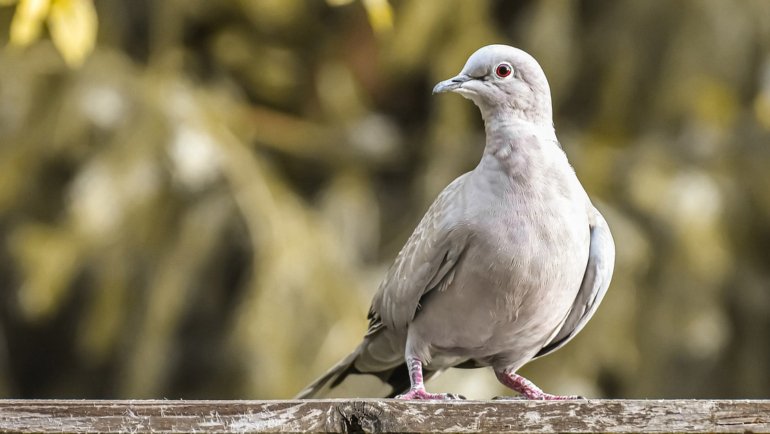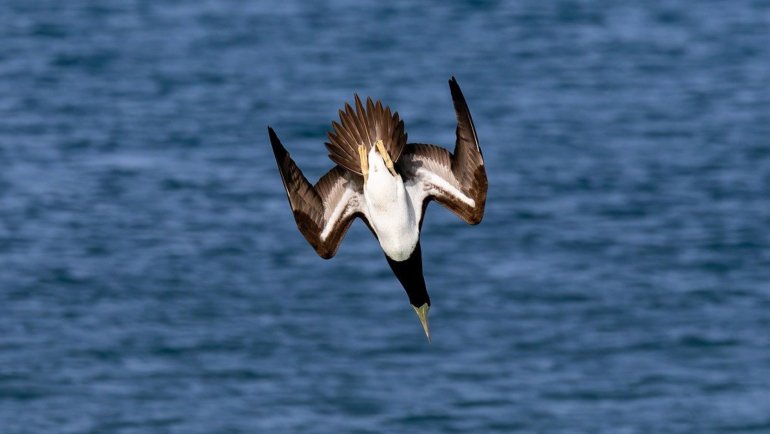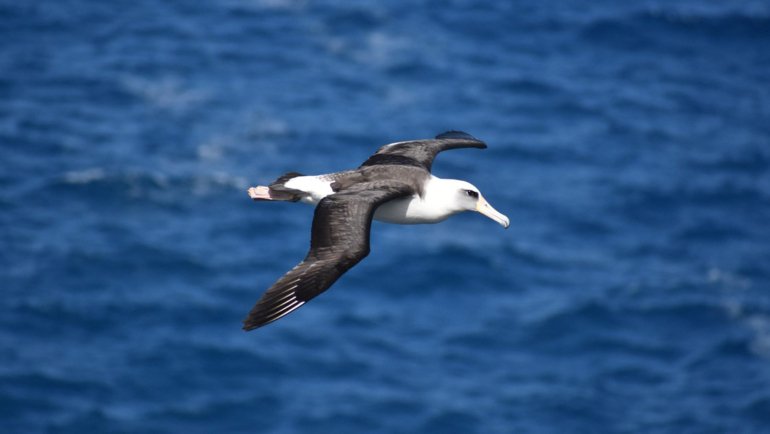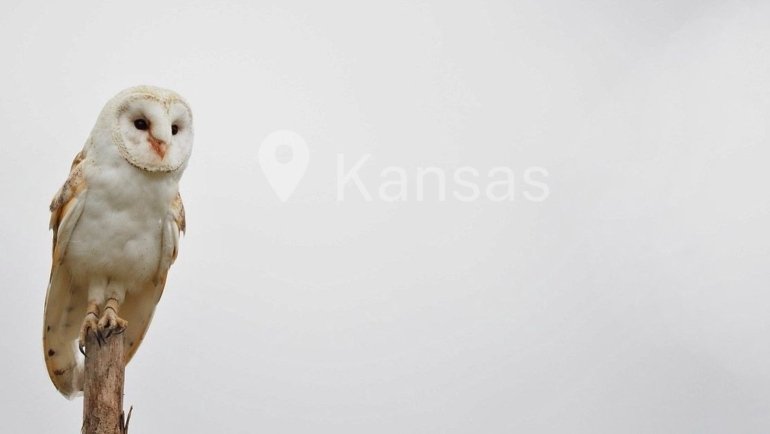Vultures are scavengers that seem to have a disgusting nature and are considered unfit for food by many. However, animals don’t think like humans and would eat anything to survive. In this write-up, we will learn more about the top predators of vultures.
Do Vultures Have Predators?
Yes, vultures have predators. It might seem that nobody wants vultures, but that does not mean that a hungry animal with the chance would pass such an opportunity.
Young vultures are more likely to fall prey to animals like hawks, owls, and snakes. Jackals, hyenas, Jaguars, crocodiles, and any other wild animal that has the capacity can prey on adult vultures.
List of Vultures’ Predators
Hawks
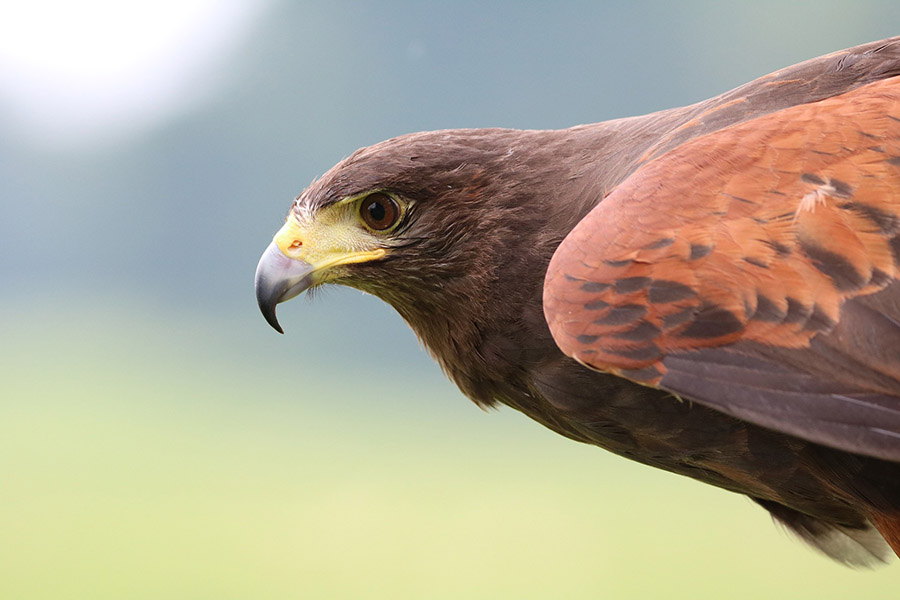
Hawks have great vision, strong beaks, and sharp talons that equip them for hunting. They prey on young vultures and take them from their nests.
The chicks of vultures are quite vulnerable as they depend on their parent for a long time, allowing other predators to attack.
Jackals
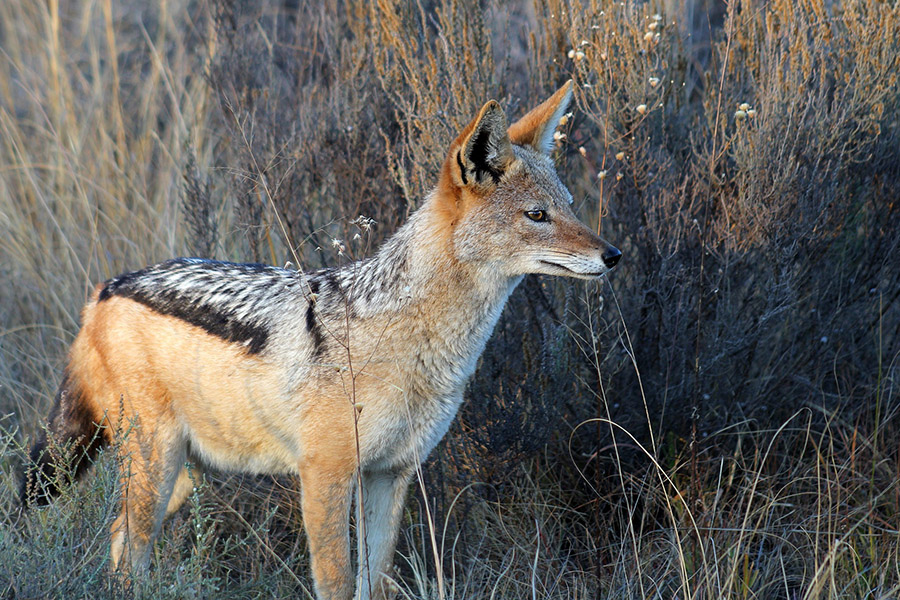
Jackals are scavengers that go hunting when the need arises. They usually have enough from the leftover of other predators and can be seen eating close to vultures without issues.
In scarcity, they are most likely to attack vultures and kill them for food. Younger vultures are more vulnerable to their attack as it takes them time to mature.
Snakes
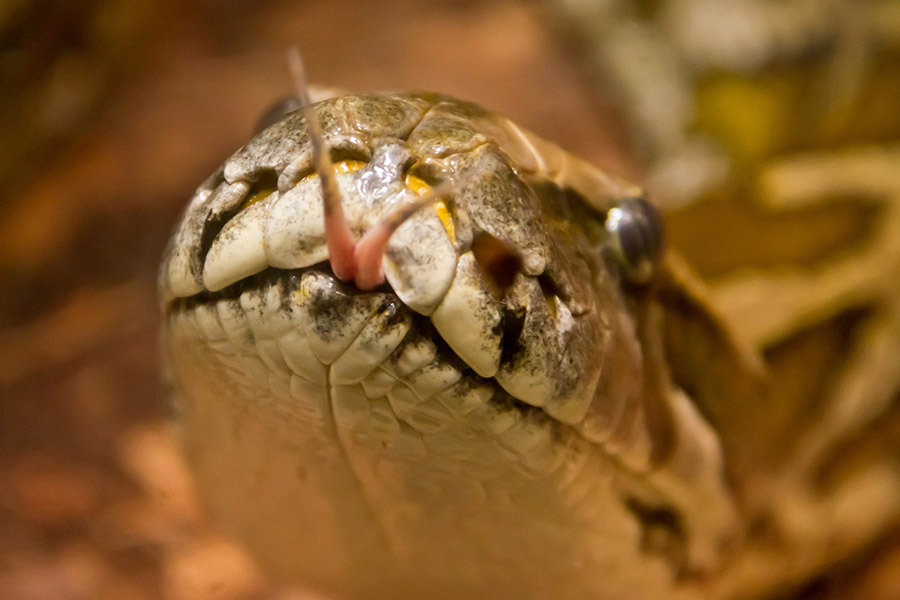
Snakes have many animals they can eat when hungry, including domestic, wild, or even insects. Occasionally snakes would go after vulture’s young chick as they are weaker and more vulnerable.
Reptiles are agile climbers, allowing them to find a vulture’s nest easily. An egg-eating snake can also go after a vulture’s eggs.
Hyenas
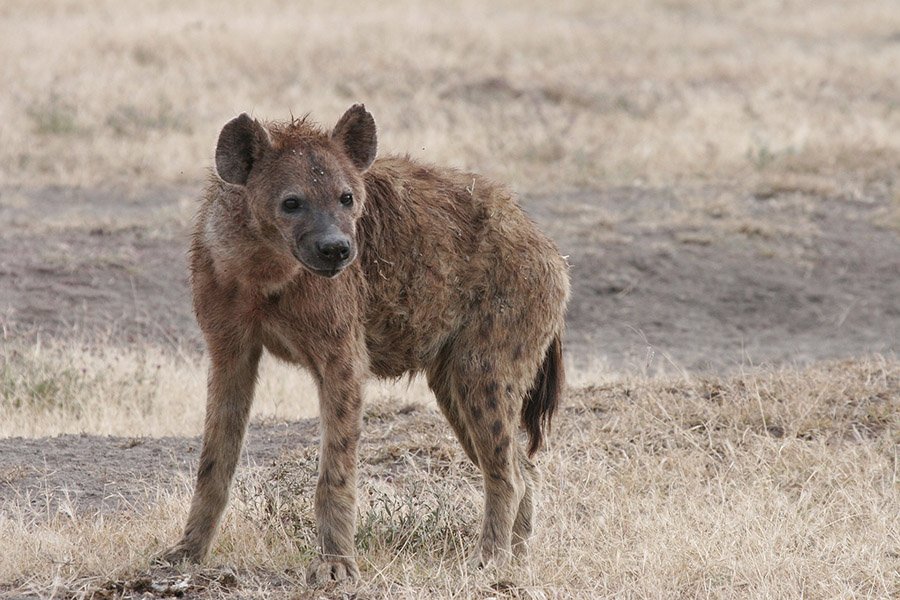
As scavengers, hyenas and vultures live in peace when food is abundant, but there would be a reason to fight when there is scarcity.
Hyenas would fight and kill vultures over food, and with their predator skills, they would win. In this case, hyenas would scare away other vultures so they could eat their meal.
Also read: What Do Vultures Eat? Vulture Diet & Feeding Habits
Jaguars
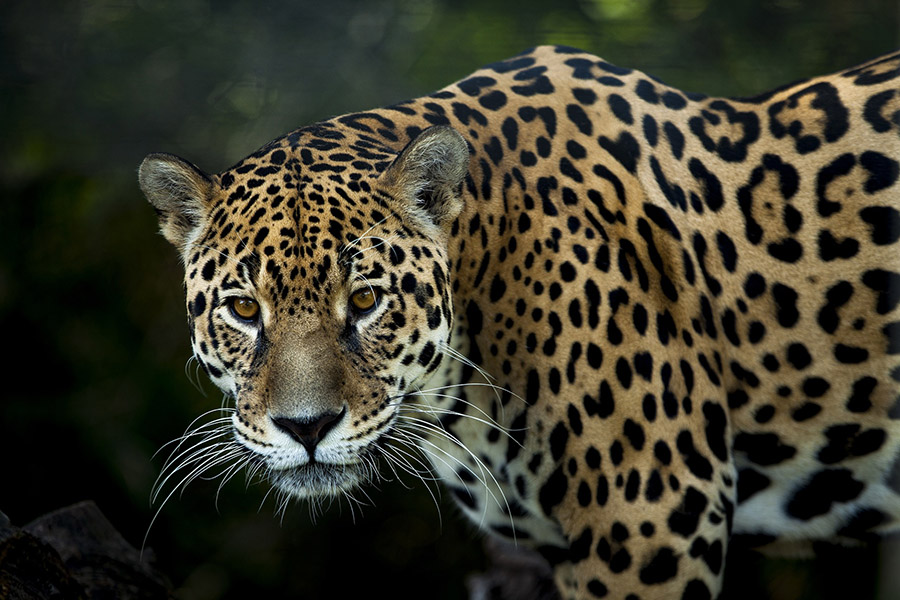
Jaguars go after bigger prey for food but can also eat smaller animals if available. Jaguars would go after young vultures left behind in the nest by their parents.
When there is food scarcity, a starving jaguar would not mind having an adult vulture for food when it gets the chance.
Cheetahs
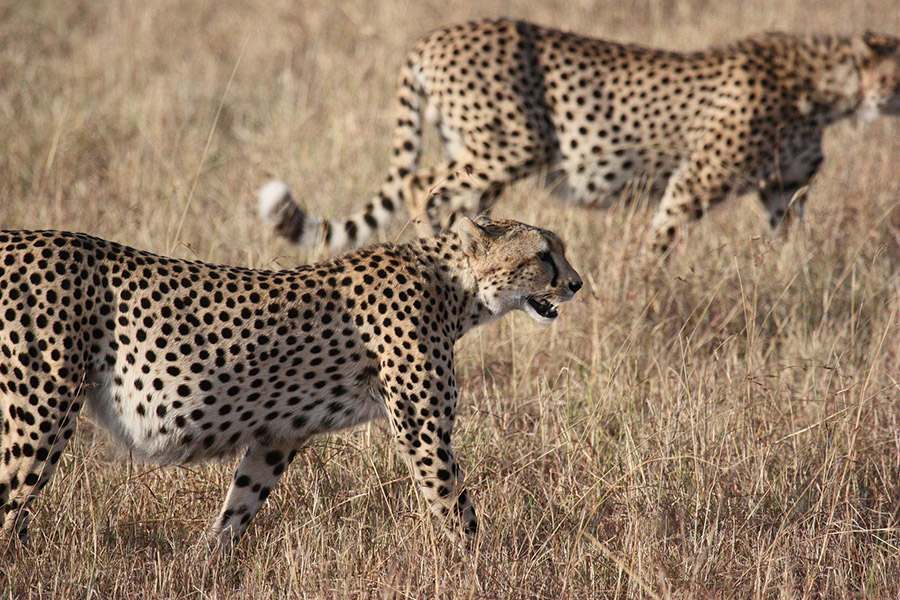
Cheetahs go after birds and rabbits when in search of food. The wild cat will not mind launching an attack if a vulture is around the corner when it is hungry.
However, cheetahs must eat their prey quickly, or other wild animals can bully them away from their meal.
Crocodiles
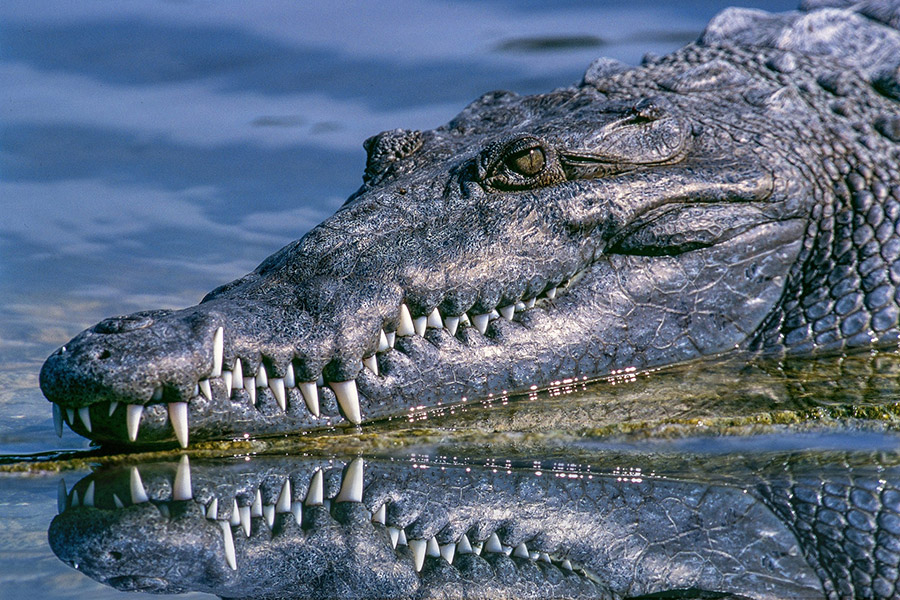
Vultures go to a water source to clean themselves after having a meal or when looking for nesting materials which could attract other predators.
Crocodiles would go after any animal when it has the chance, and they sometimes go after vultures when they come to the water to bathe. If vultures get too close, a crocodile could hide and wait in the water to grab them.
Humans
Historically, humans are known to push animals into extinction, and the vulture is no exemption from these attacks. Attacks from humans on vultures can be intentional or unintentional.
For example, in Africa, livestock is prey to wild animals, and farmers can put pesticides on the carcass of their livestock to kill wild animals. Vultures can fall prey to such even when they are not the target.
Also read: Are Vultures Dangerous? Do They Attack Humans?
Can You Eat Vultures?
No evidence proves eating vultures to be deadly to humans, but many avoid it because of the toxins that they eat. As scavengers, vultures eat decaying materials with fungi or bacteria that harm humans.
Their stomach acid allows them to eat anything, and eating vultures with these toxic elements in their system might cause us harm.

